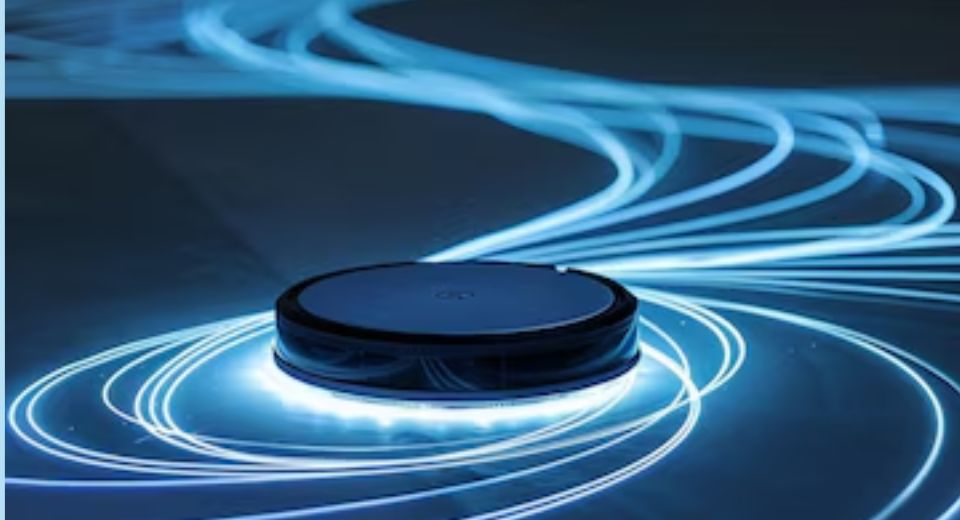
Sep 04, 2024

According to Metastat Insight, the global depth sensor market has experienced astounding growth in the last couple of years, driven primarily by the sea change in technological innovation and increasing applications across different industries. The depth sensor measures the distance between the sensor and an object. It has been a principal component used in a wide array of industries, starting from robotics and consumer electronics. The evolution was driven by a variety of factors, most fundamentally by improvements in sensor technology, smart devices, and increasing demand for precision measurement tools from industries such as automotive, health, and gaming.
Depth sensors contribute a good deal to the automotive sector, improving their functionality in advanced driver-assistance systems and even autonomous vehicles. These sensors range in functionality from auto-parking and collision avoidance to detailed spatial awareness, thus enabling adaptive cruise control. The depth sensors inside a vehicle enhance safety, convenience, and provide drivers with a more intuitive and responsive driving experience. With the automotive industry pressing on with innovations in vehicle automation, the role of depth sensors becomes very critical and will bring its presence more to the fore of the market.
This is similarly applied in the health sector, where the depth sensor technology is transformative. The devices form part of medical devices, such as robots used in surgeries and diagnostic imaging equipment. During surgical operations, the depth sensor aids the surgeons by providing them with information on spatial relationships of tissues and organs to enable them to perform the operations with exactitude and safety. In diagnostic imaging, the contribution of the depth sensor comes in the form of highly detailed three-dimensional models of internal structures that help in better diagnosis and treatment planning. The continuous innovations happening in medical technologies further redefine the role of depth sensors with respect to enhancing patient outcomes and transforming healthcare delivery.
Another important domain where the technology of depth sensors finds application is consumer electronics, which have found these components useful for increasing user interaction and experience. In gaming, depth sensors provide an immersive experience with precise player movement and gesture tracking for more interactive game play. Besides, the incorporation of depth sensors into smartphones and tablets allows additional features, such as facial recognition and augmented reality. With the consumer demand ever increasing for advanced yet intuitive technology, it goes without saying that depth sensors are going to play a very important role in shaping the future of personal electronics.
Depth sensors find a lot of applications, none without a challenge. Probably the most notable would be the continuous betterment of sensor accuracy and performance. As the demand goes on increasing for more precise and reliable depth measurements, manufacturers keep continuously working on the capability of their sensors with respect to sensor resolution, range, and adaptability to environmental conditions. More importantly, the cost associated with depth sensor technology still keeps the market dilemma, more specifically in the cases of consumer electronics applications where cost becomes a principal factor. Therefore, striking a balance between performance and cost is a matter of major concern for the players in the Global Depth Sensor Market.
The future of the Global Depth Sensor Market looks very promising. Ongoing innovation in sensor technology and increasing applications across various industries point toward a healthy growth rate for the market. This growth trend is likely to continue in view of industries such as automotive, healthcare, and consumer electronics adapting to depth sensors. Further, companies in this field may focus on development in advanced sensor solutions to negate the current limitations of the technology to suit evolving market demands.
The global depth sensor market, provided by Metastat Insight, frames this landscape: It is dynamic, innovation-driven, and broadening across applications. The functionality and precision that depth sensors provide have been of importance in a wide array of industries, ranging from automotive and healthcare to consumer electronics. In other words, with technology constantly moving ahead, the contribution or role of depth sensors is only going to increase further in shaping the future of industries and driving further market growth. The depth sensor mirrors a broader tendency for innovation and sophistication and underlines their critical role in the modern technology landscape.
Drop us an email at:
Call us on:
+1 214 613 5758
+91 73850 57479